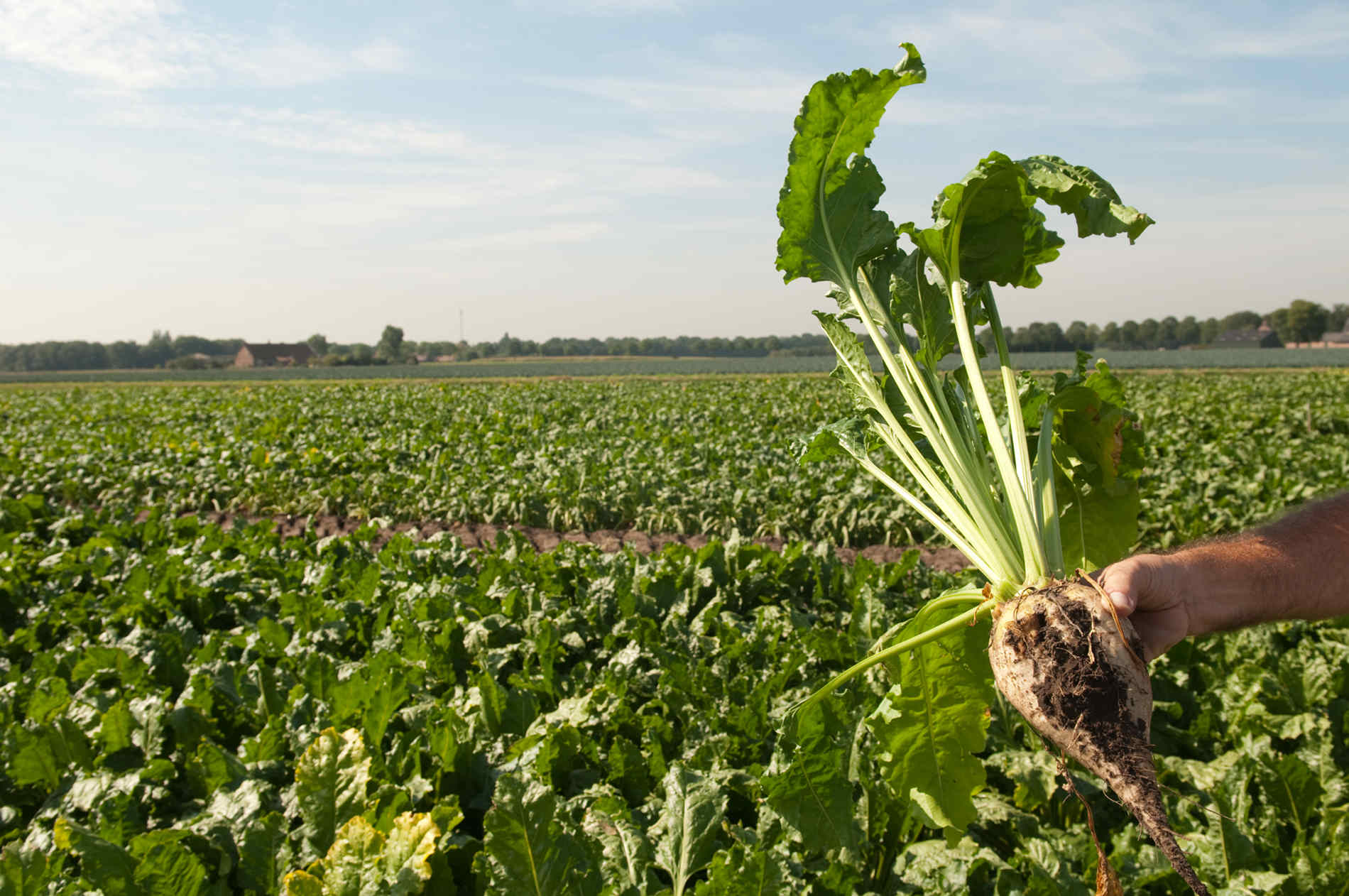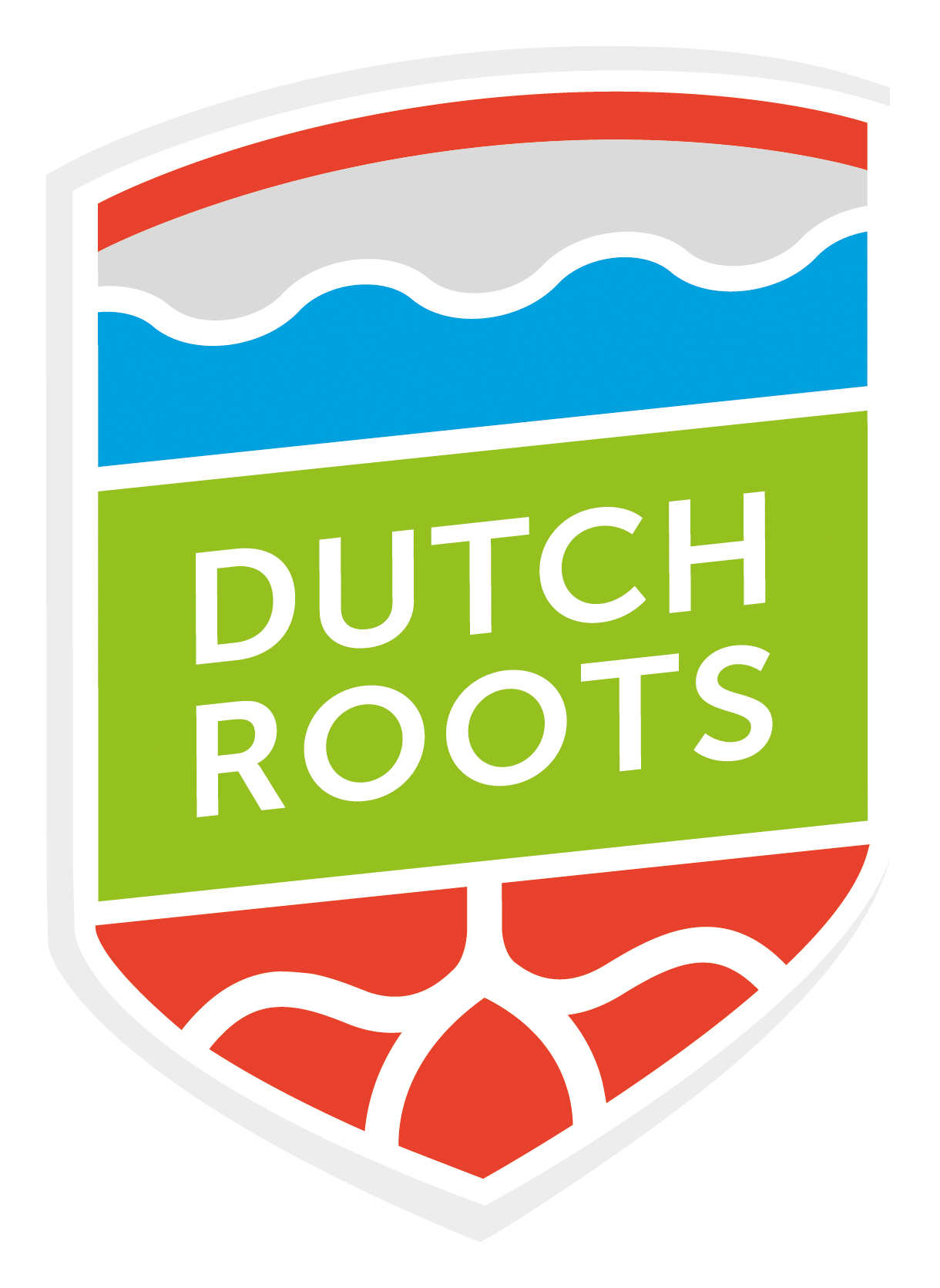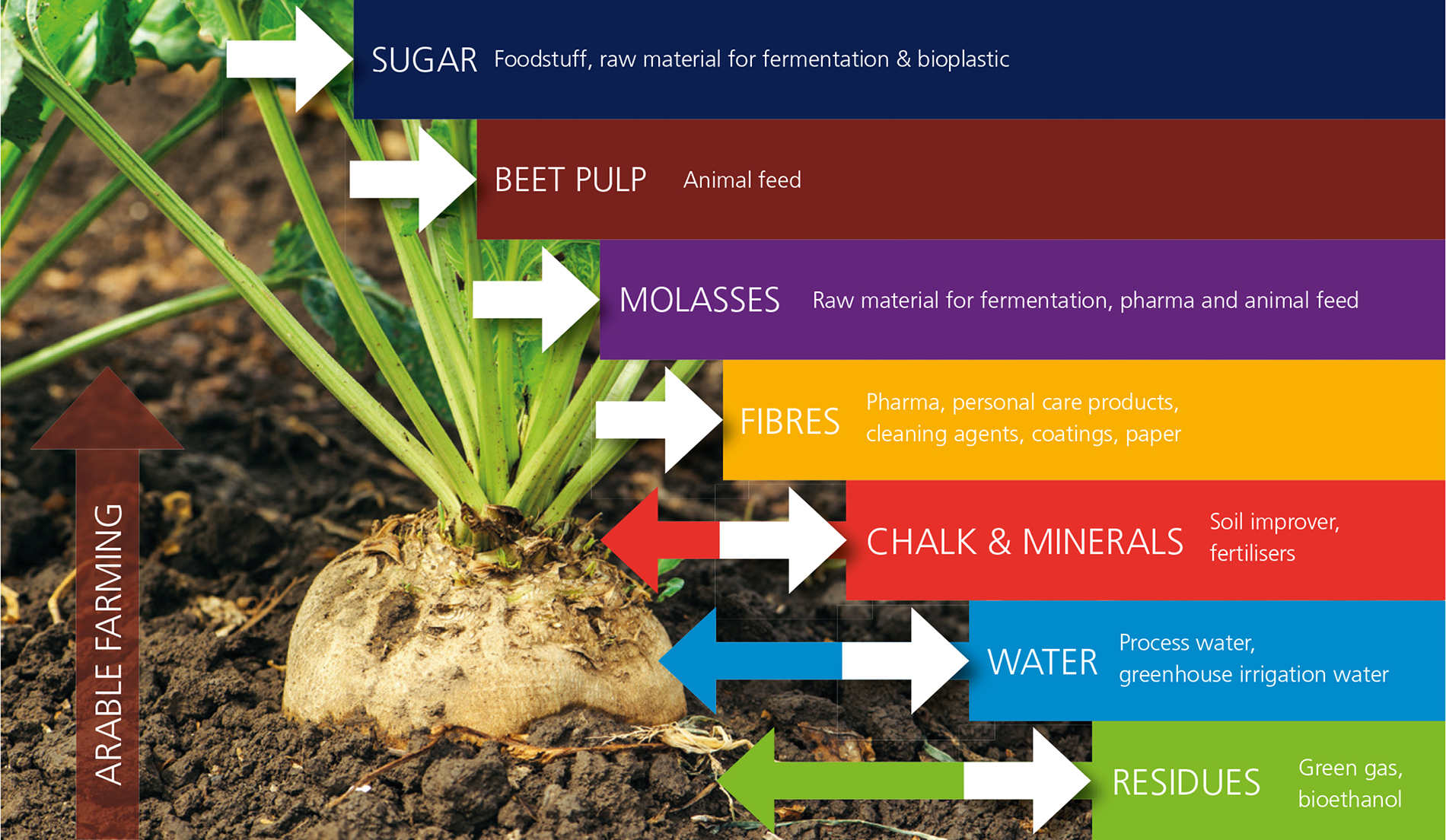Established nearly 120 years ago
Royal Cosun is an agri-industrial group firmly rooted in the primary sector. It was established nearly 120 years ago by Dutch sugar beet growers who united themselves in a cooperative. In this way they were and are certain that their crops were processed and had a market entrance. And the cooperative was and is ascertained of a steady supply of raw materials.
Today, the cooperative has an annual turnover of more than € 2 billion, some 9,000 members/shareholders and has grown into a business with 3,900 employees (fte) and is active in more than 30 countries.

Value from crops
Cosun has a strong focus on sustainability and its ambition is to get the most out of its raw materials: this is good for the environment, profitability and meets society’s demand for responsible products and production methods, hereby serving all stakeholders of the group. The mission of Cosun is ’Excelling in creating value from crops’.
All Cosun’s industrial activities are based on the large-scale processing of vegetable raw materials, also known as green biomass, into food and non-food products. Because Cosun is backwardly integrated, the business groups have a direct access to raw materials; the security of supply is only one of the unique selling points of the company.
Cosun’s ambition is to make optimal use of all its vegetable raw materials and the group has traditionally concentrated on foodstuffs as primary, high value applications. Cosun is organised into five business groups and some smaller units. The businesses that belong to Cosun are Suiker Unie, Sensus, Aviko, SVZ and Duynie.
Biorefinery: the road to sustainability
Cosun has traditionally concentrated on foodstuffs as primary, high value applications. Virtually all the group’s businesses also supply ingredients or residual flows that are used in animal feed or non-food applications. These flows include natural food fibres, feed, starch, natural aromas, recoverable minerals and fertile soil. Once all the usable substances have been recovered, the residues are increasingly being fermented to produce ‘green’ energy.
The key to successful cascading is clustering: often the residues from one group member of Cosun is the raw material for the other. And what goes for Cosun, goes also for other parts of the industry. The various companies within Cosun give clear examples of how raw materials can be disassembled into useful elements and all residual flows can be made useful thereby contributing to the profitability of the business and sustainability.

